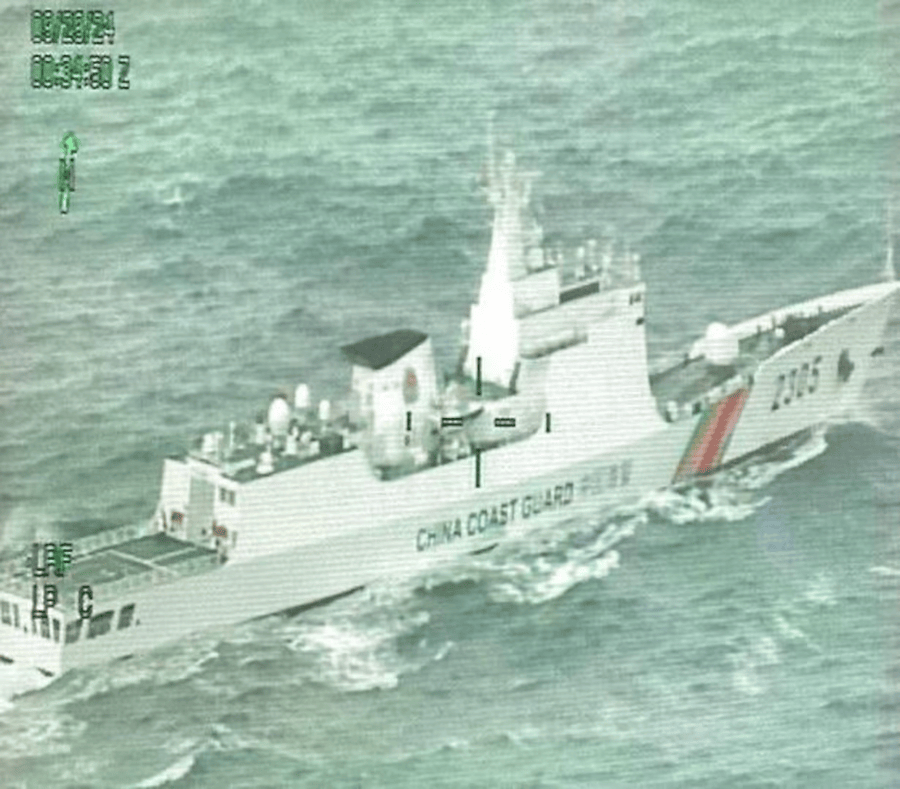The Remarkably Open Syrian Covert Action
There are at least three noteworthy elements in the WP’s story this morning about intelligence committee “approval” of “CIA weapons shipments to opposition fighters in Syria.”
First is the fact that the intelligence committees “voted on the administration’s plan” last week. An intelligence committee vote is not typically a prerequisite to a covert action. Under the
Published by The Lawfare Institute
in Cooperation With

There are at least three noteworthy elements in the WP’s story this morning about intelligence committee “approval” of “CIA weapons shipments to opposition fighters in Syria.”
First is the fact that the intelligence committees “voted on the administration’s plan” last week. An intelligence committee vote is not typically a prerequisite to a covert action. Under the covert action statute, the President need only notify the committees in advance, and the committees have no formal veto. Typically there is a back and forth between the Executive branch and the committees, with members raising objections and concerns which the Executive tries to accommodate if possible. And while members have no formal veto, often they can veto or slow a covert action. As I wrote in Power and Constraint:
The committees lack a formal mechanism to modify or veto the intelligence actions they are told about, but they do have significant effective power to do so. They sometimes leak a proposed operation to the public. They can (despite executive secrecy) take the proposal to the full Congress and seek legislation to stop it, as happened when Congress curbed covert action in Angola in 1975. They can deny funding for the operation’s implementation, as they did when Congress terminated funds for the Contras in the 1980s. . . . Or they can take a more direct route by raising a stink with the President, either with a formal vote or through informal channels. Ronald Reagan thrice signed but then rescinded proposed covert actions in response to committee unhappiness, and President George H. W. Bush pulled back on at least one. . . . Presidents usually relent in the face of serious objections because they know that a covert or intelligence operation is politically much riskier, and its success less assured, if the intelligence committees are not on board, and that the committees will retaliate in other intelligence contexts if the President departs too sharply from their wishes. . . .It appears that the committee votes here were spurred by the fact that “money already in the CIA’s budget” needed to be “reprogrammed for the Syria operation, a covert action that President Obama approved early last month.” But independent of budget matters, getting formal intelligence committee “sign off” on a covert action of this significance is an enormously prudent step by the President (if indeed he initiated it), for it strengthens the legitimacy of the covert action ex post and puts committee members more on the hook when something goes wrong. Second, this is a pretty public covert action. The statute defines “covert action” as “an activity or activities of the United States Government to influence political, economic, or military conditions abroad, where it is intended that the role of the United States Government will not be apparent or acknowledged publicly.” This covert action has been remarkably public from the beginning, and apparently purposefully so. Also quite public are the committees’ votes, which were sourced to “senior congressional and administration officials,” and which included representative Schiff openly stating that he disagreed with the intelligence committee consensus and “wish[ed] to make my dissent clear.” Of course, some elements of the covert action are open and more-or-less officially acknowledged even while other elements are not. Still, one might wonder why the government is so forthcoming about the approval of this covert action. I think the answer is that in this context, unlike many others, the foreign policy goals of supporting Syrian rebels while avoiding a large involvement in Syria are advanced by openness, especially since, as General Dempsey made clear yesterday, the Pentagon has no interest in participating in a Syrian intervention (beyond, perhaps, Special Forces involvement). The third remarkable element of the story is its statement that “Obama opted to approve the program as a CIA covert action to avoid international law restrictions on military efforts to overthrow another government and the need for wider congressional approval.” This is a rich sentence which deserves serious analysis but that I lack time to give. (The place to start is Bobby’s great Title 10/50 article.) In brief: (1) the notion that military support via covert action skirts the need to get full congressional authorization for involvement in the Syrian Civil War begs the question whether the covert action statute can be a stand-alone congressional authorization for military action abroad independent of any other statutory basis (such as the AUMF) or constitutional basis (such as Article II) for the intervention; and (2) it remains unclear under what legal theory the government thinks that the CIA can violate the international law restrictions of the UN Charter even while DOD cannot (or, perhaps, will not).
Jack Goldsmith is the Learned Hand Professor at Harvard Law School, co-founder of Lawfare, and a Non-Resident Senior Fellow at the American Enterprise Institute. Before coming to Harvard, Professor Goldsmith served as Assistant Attorney General, Office of Legal Counsel from 2003-2004, and Special Counsel to the Department of Defense from 2002-2003.




.jpg?sfvrsn=118b03e5_5)
